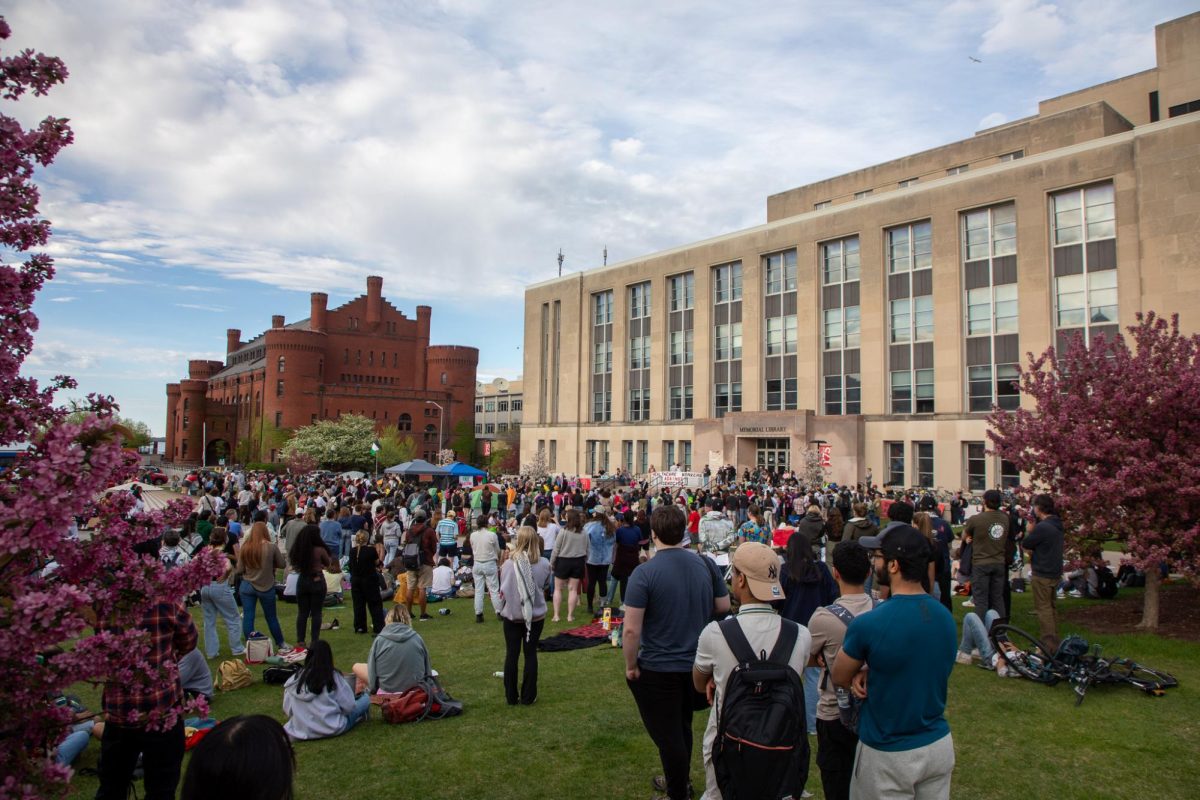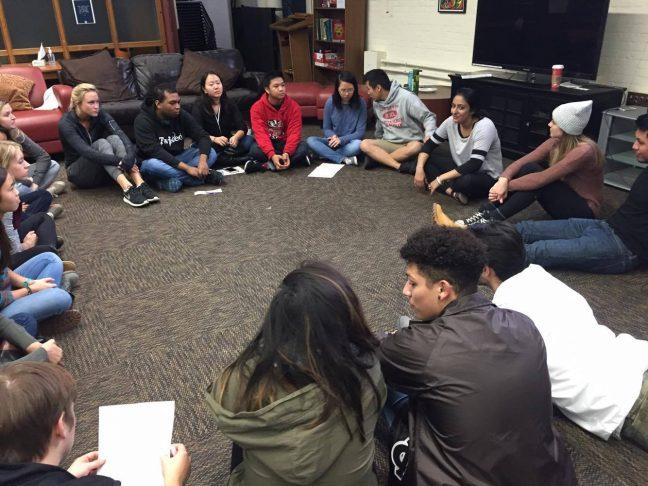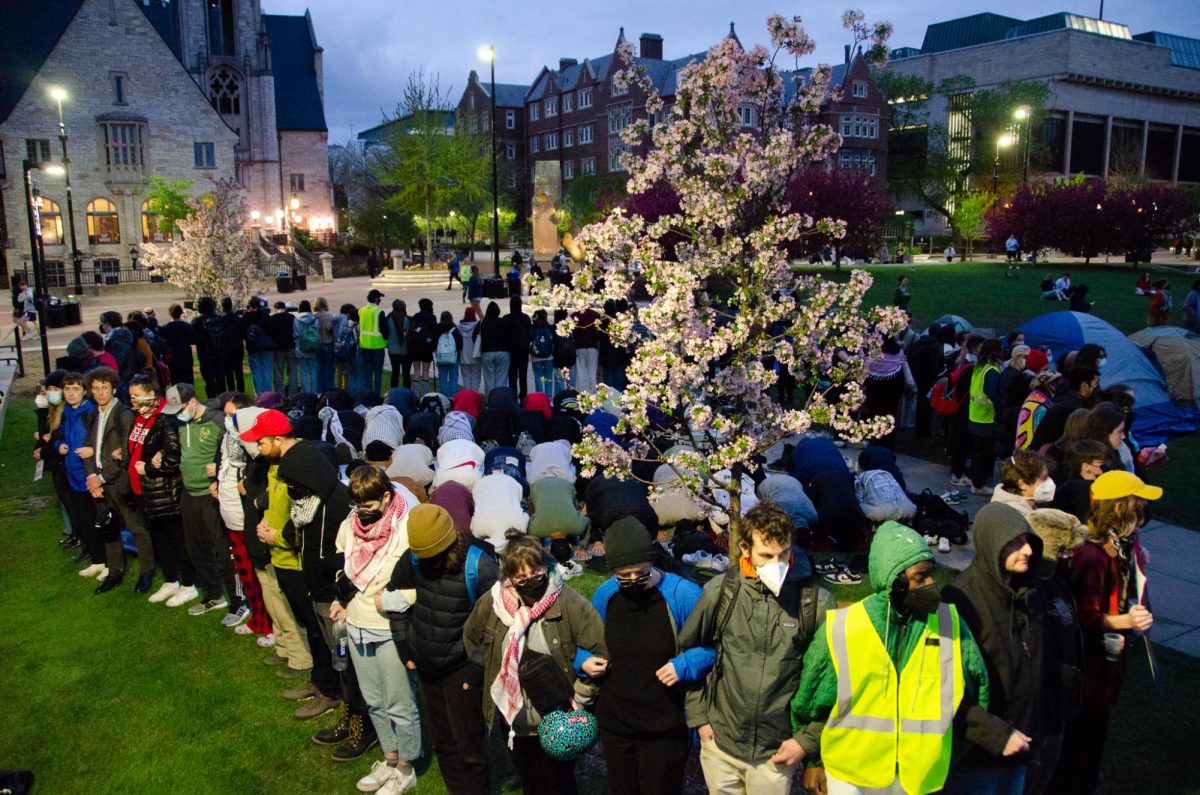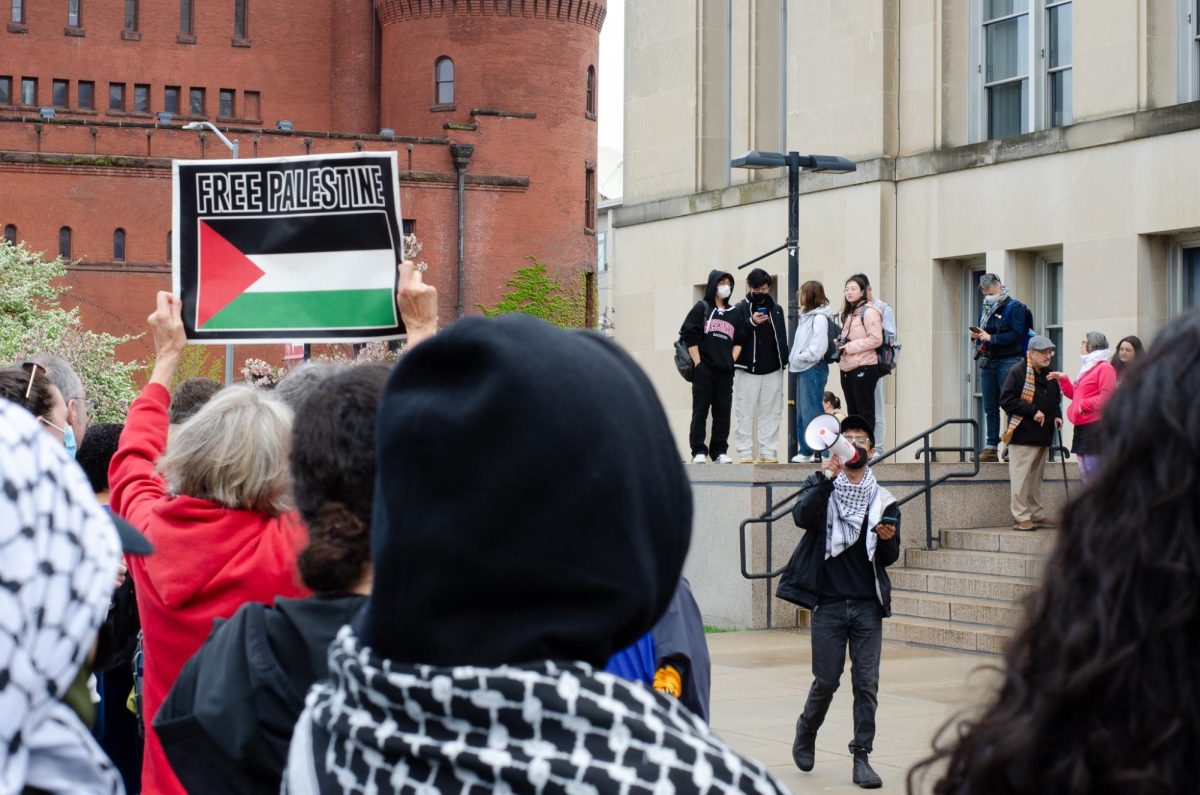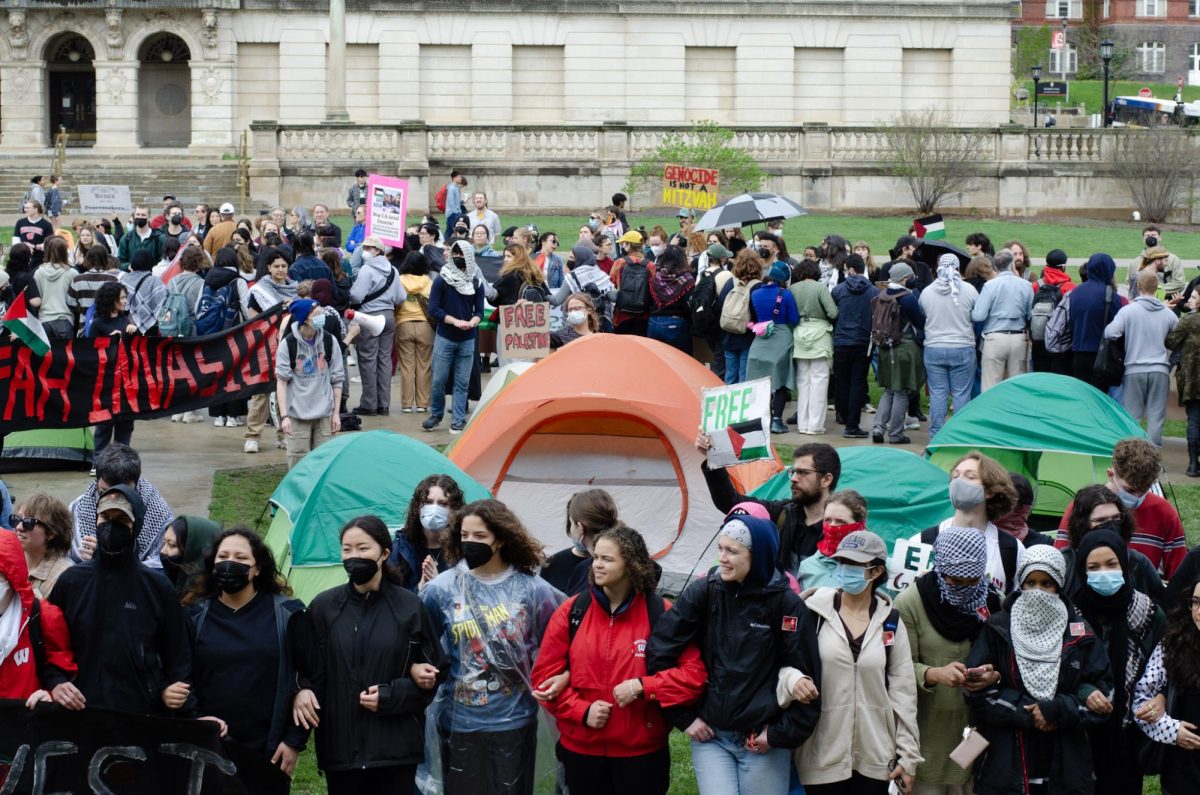With the election of Donald Trump and recent controversial racially charged incidents occurring on campus, students of color have expressed feeling unsafe at the University of Wisconsin.
To give themselves a voice and a place of security on campus, minority students have built their own spaces at UW.
New platforms like Melanin Speaking and Let’s Talk UW serve as outlets and provide a sense of community for students of color, as well as provide an opportunity to educate the majority white student body.
Last semester, a group of students established The Black Voice, an online platform meant to stimulate conversations about racial injustices and disparities. The two new outlets, Melanin Speaking and Let’s Talk UW, pick up on this trend of creating a dialogue, but take two different approaches to doing so.
The Black Voice provides safe space for conversation, comfort from ‘mainstream’ campus
Led by Lauren Gonitzke, a senior majoring in English creative writing, and Samantha Adams, a junior majoring in English creative writing and gender and women’s studies, Melanin Speaking is an open-submission multicultural student blog established this semester. Submissions encompass poetry, art and personal anecdotes.
The title of the blog is meant to reflect its intent to be a space for students with darker complexion to tell their own stories and make their voices heard.
As outreach coordinator at the Campus Women’s Center, Adams works to create and provide exclusive physical spaces for people with varying identities. Adams said the goal of Melanin Speaking is to create an “intentional space” exclusively for students of color.
“One of my first events with the Campus Women’s Center was a conversation on black beauty and having only black women allowed in that space was new to me because I wasn’t used to actively saying ‘No this is only for this group of people right now,’” Adams said. “I feel like Melanin Speaking is another way to create those intentional spaces.”
Conservative pundit Ben Shapiro lectures to turbulent crowd on safe spaces, freedom of speech
Gonitzke started Melanin Speaking because she feels that students of color often have to advertise their cultural identity to get into mainstream white publications.
As an Asian American student on campus, Gonitzke believes it is important that Melanin Speaking is only for students of color because the experience of a person of color on campus is distinct from the experience of a white student on campus.
“This is a white majority campus and I feel like although people do have many intersections, the only intersection that they [white people] can’t have that people of color have is being a person of color,” Gonitzke said. “People of color experience every single intersection that white people also do.”
Let’s Talk UW, another platform to allow students of color to tell their own stories, was a one day discussion based event held Nov. 19. Led by Navneet Kaur, a senior majoring in community and nonprofit leadership, and Hana Lee, a senior majoring in athletic training, the one-time event engaged the student body in discussions about race and intersectionality.
Madison community reacts to hate speech following Halloween costume controversy
Let’s Talk UW was made for an outreach project requirement for Intercultural Dialogues, a sociology class Kaur and Lee are taking that is largely discussion based on multicultural issues.
Through submissions in the form of poems, personal anecdotes and little excerpts, Kaur and Lee wanted to keep the platform open for people of all intersectional identities. The event was open to students of all races, including those who are not a part of marginalized communities.
“We do not want to limit it to just marginalized people because the bigger message is that it is important for everyone to understand that you have a space,” Kaur said. “You are important and you will be safe because you have people.”
Lee believes that though platforms are important to have, it is equally important for people with privilege to be open minded to hearing other voices.
In hopes to create and maintain comfortable spaces for students of color and other identities, platforms like Let’s Talk UW and Melanin Speaking are looking to unite artists of color and give them an outlet to empower themselves.
“There’s this concept of using your privilege to speak but I think what needs to be understood along with that is using your privilege to allow someone else to speak,” Kaur said. “That’s when you have to realize that the people being oppressed need to speak for themselves and you can allow them to do that.”



